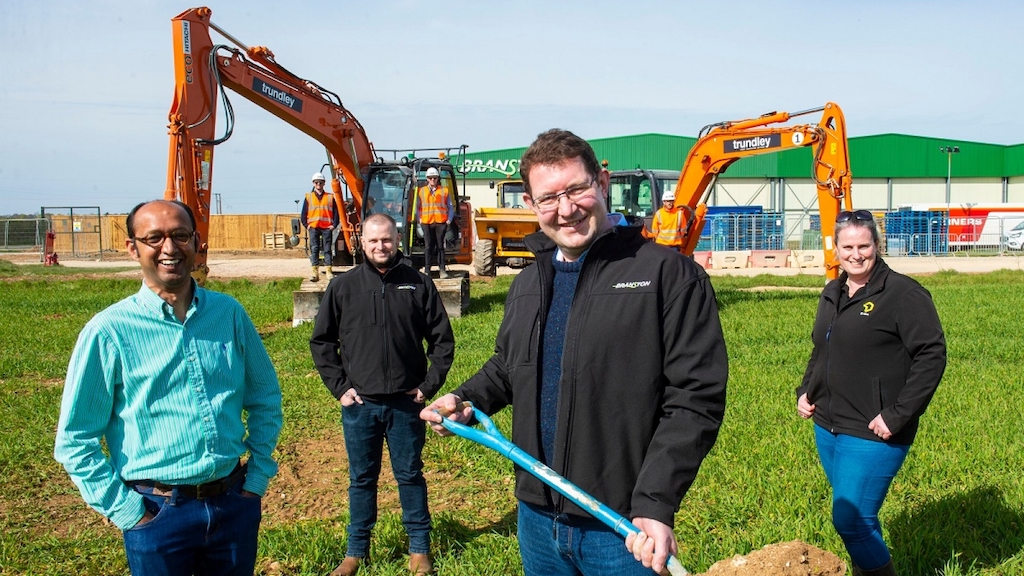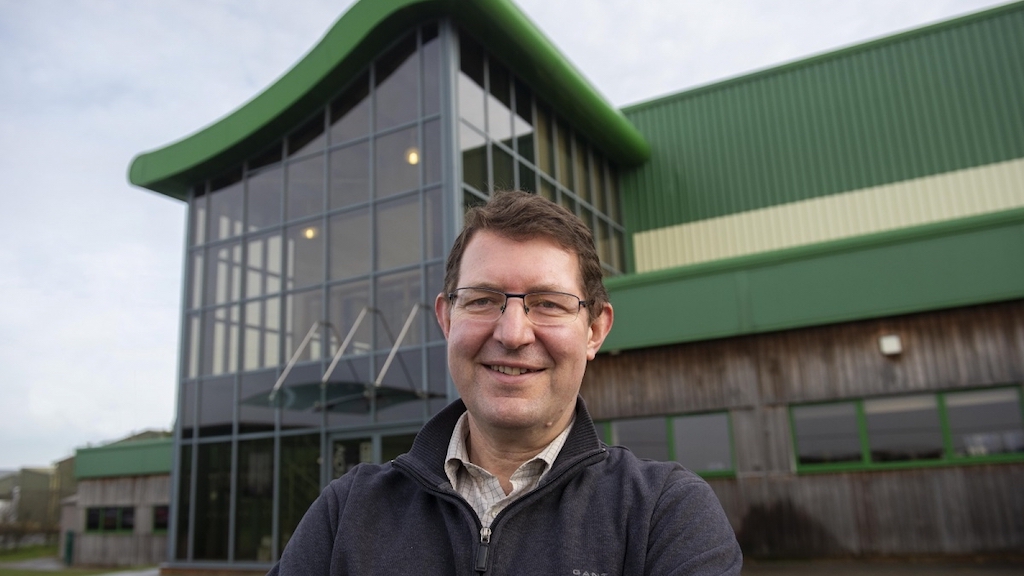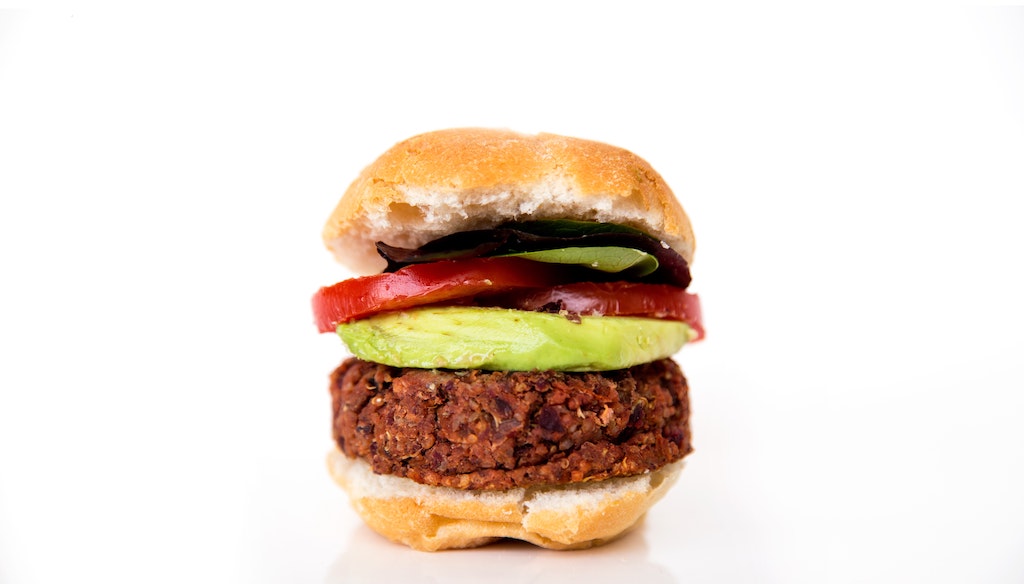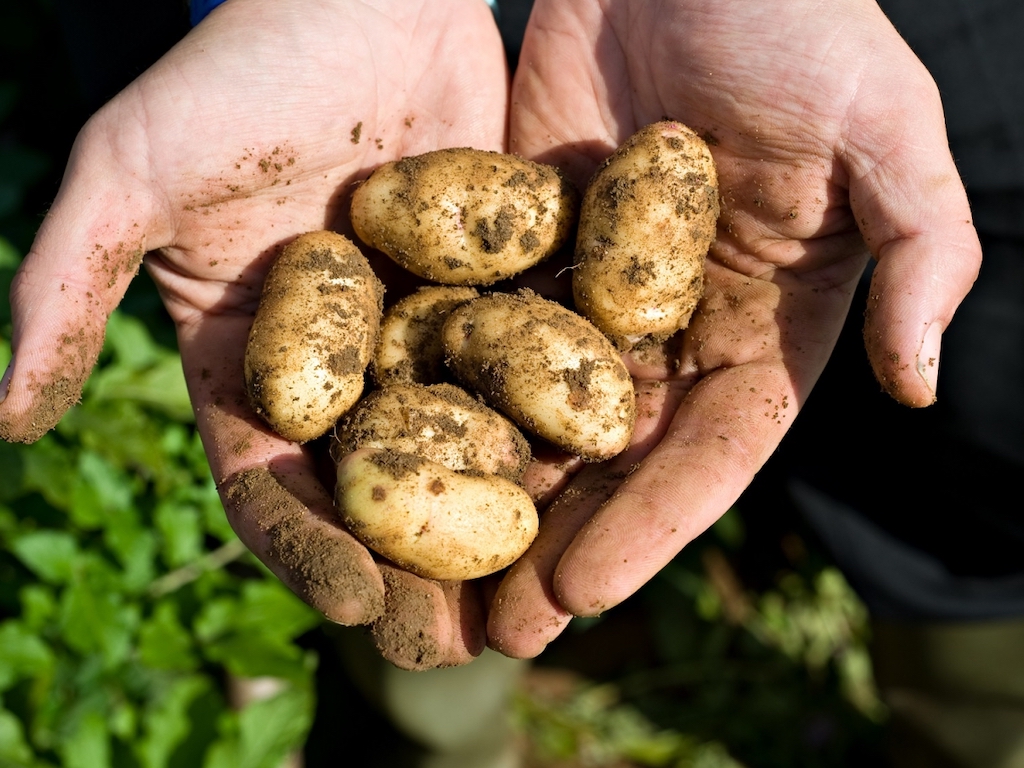3 Mins Read
A new U.K. factory is set to transform potatoes into protein, which can then be used to make plant-based meats. Built by British food and produce supplier Branston, the factory claims to be the first of its kind in the country. Branston says the move comes in response to surging demand for vegan and vegetarian food.
Soy, peas, and rice might still be dominating the plant protein industry, but the scene is quickly diversifying. Enter the humble potato, which Branston is one of the biggest suppliers of in the U.K. The company is now building a facility dedicated to making protein from potatoes, which can then be used to make vegan products.
Potato protein factory
Located in Branston’s base in Lincolnshire, the project started when the company wanted to find more uses for potato crops. Right now, Branston supplies potatoes in fresh or prepared formats, such as ready-made potato fries.

We have the potential to meet the growing [demand] for 100% plant-based protein that is free from allergens and is fully traceable.
Richard Fell, Managing Director of Prepared Foods, Branston
But now, the company wants to start using potatoes to make 100% plant-based protein for companies in the vegan food industry.
“Most people are aware of potato starch and fibre in potatoes, but they don’t consider the highly nutritious protein fraction,” said Richard Fell, managing director of Branston’s Prepared Foods division.
The new £6 million facility is being built with agritech startup B-hive Innovations, and is dubbed as the first of its kind in the country. With B-hive, Branston says it’ll have the “bespoke technologies and capabilities” to manufacture ingredients suitable for plant meat producers.
High-grade potato protein for clean label products
According to Branston, the facility will be equipped with the tech to extract high-grade protein from low-value potatoes. The end potato protein product is functional, clean label, and is suitable for applications in vegan and vegetarian foods.

The factory will also be able to manufacture starch-based products using low-grade potatoes.
Fell says that the tech has been honed by B-hive for a number of years. “They have developed a process to gently extract and isolate high-grade proteins from potatoes,” he explains.
“This means we have the potential to meet the growing requirements from food manufacturers for 100% plant-based protein that is free from allergens and is fully traceable from our U.K. grown crops.”
It’ll be a lucrative market for Branston to enter, with the plant-based industry in the U.K. and Europe growing at record levels. The British vegan meat market, in particular, is one of Europe’s most highly valued at €502 million (approx. US$470 million).
Read: Europe’s plant-based industry grows double-digits amid record demand

Most people are aware of potato starch and fibre in potatoes, but they don’t consider the highly nutritious protein fraction.
Richard Fell, Managing Director of Prepared Foods, Branston
More plant proteins enter the market
Aside from potatoes, another crop diversifying the available plant proteins on the market is fava beans. Fava beans, also known as broad beans, are being tapped by Dutch company Meelunie.
The firm is now building a new facility that will churn out fava bean protein isolate and other fava-derived ingredients, which can be used to make alternative proteins. The project has been made possible after researchers from Copenhagen developed a “breakthrough process” to create a product that is neutral-tasting and functional.
Lead image courtesy of Branston.




